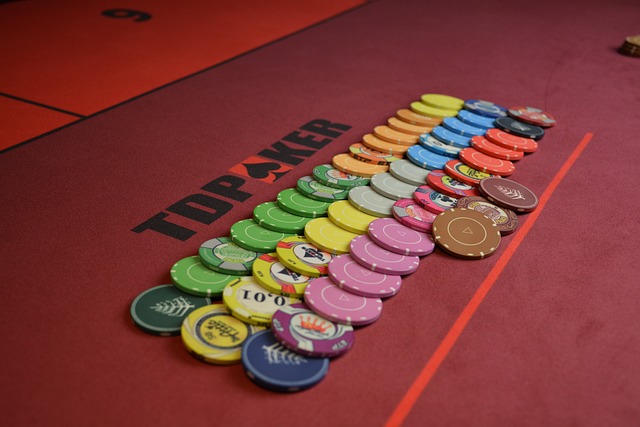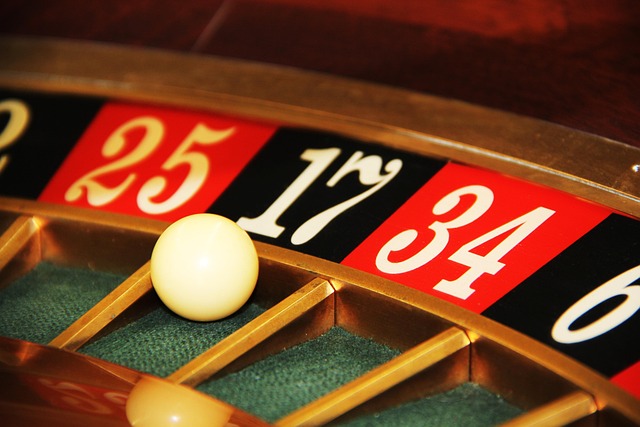Casino games have evolved over decades to offer a mix of luck, skill, and entertainment. Understanding the most popular games helps players choose the right experience and develop effective strategies. From classic table games to modern online slots, each game has its own rules, odds, and appeal.
Slot Machines
Slots are among the most widely played casino games, known for simplicity and fast-paced excitement.
- Mechanics: Modern slots use Random Number Generators (RNGs) to determine outcomes. Classic reels and symbols have been replaced by digital versions with multiple paylines.
- Gameplay: Players spin the reels and win by matching symbols according to the paytable. Bonuses and free spins enhance winning opportunities.
- Strategy: While slots are primarily luck-based, choosing games with higher Return to Player (RTP) percentages increases potential long-term returns.
Slots are accessible, entertaining, and suitable for all levels of experience.
Progressive Jackpots
Some slots feature progressive jackpots, where a portion of each bet increases a cumulative prize.
- Networked systems: Multiple machines or casinos contribute to a single jackpot pool.
- High risk, high reward: Winning is rare but can be life-changing.
- Tip: Monitor jackpot size and game volatility to maximize chances of a meaningful win.
Table Games

Classic table games require skill, strategy, and sometimes luck. Popular examples include blackjack, roulette, and baccarat.
- Blackjack: Players aim to reach 21 without going over. Strategic decision-making reduces the house edge.
- Roulette: Bets are placed on numbers, colors, or combinations. Random wheel spins determine outcomes, making odds predictable but results uncertain.
- Baccarat: Often favored by high rollers, the goal is to bet on the hand closest to 9. Strategy is limited but knowledge of betting patterns helps.
These games offer a mix of skill and chance, with rules that can be learned quickly.
Dice and Poker Variants
Other popular table options include craps and poker:
- Craps: Players bet on dice outcomes, combining strategy and probability. The variety of bets affects odds and house edge.
- Poker: A skill-based game played against other players rather than the house. Bluffing, reading opponents, and hand ranking knowledge are critical.
Table games appeal to players who enjoy interactive and strategic gambling experiences.
Specialty Games
Specialty games combine chance with unique gameplay mechanics.
- Bingo: Players match numbers on cards to random draws. Simple and social, often with community jackpots.
- Keno: Similar to lottery games, players select numbers and win based on matches. High variance makes it unpredictable but exciting.
- Scratch cards: Instant win games requiring minimal skill. Players reveal symbols to determine winnings immediately.
These games are perfect for casual players seeking quick, low-pressure fun.
Online Variations
The digital transformation has introduced online and live-dealer versions of every casino game:
- Live casino: Streamed real tables with professional dealers create an authentic experience from home.
- Virtual slots and tables: Enhanced graphics, themes, and bonus features increase engagement.
- Mobile compatibility: Most games are now optimized for smartphones and tablets, allowing play anytime.
Online formats make traditional games more accessible and immersive.
Understanding Odds and Payouts

Knowing how odds and payouts work is essential for responsible play:
- RTP (Return to Player): The percentage of wagered money a game returns over time. Higher RTP indicates better long-term returns.
- House edge: The casino’s statistical advantage over players. Lower house edge games favor the player.
- Volatility: Determines how often and how much a game pays. High volatility means bigger, less frequent wins; low volatility means smaller, more frequent payouts.
Understanding these factors helps players select games that match their risk tolerance and strategy.
Final Thoughts
The most popular casino games—slots, table games, and specialty options—offer diverse experiences suited to different players. Whether relying on luck, skill, or a combination of both, understanding game mechanics, odds, and strategies improves enjoyment and long-term play. Knowledgeable players can choose games that align with their style, enhancing both fun and potential success.
